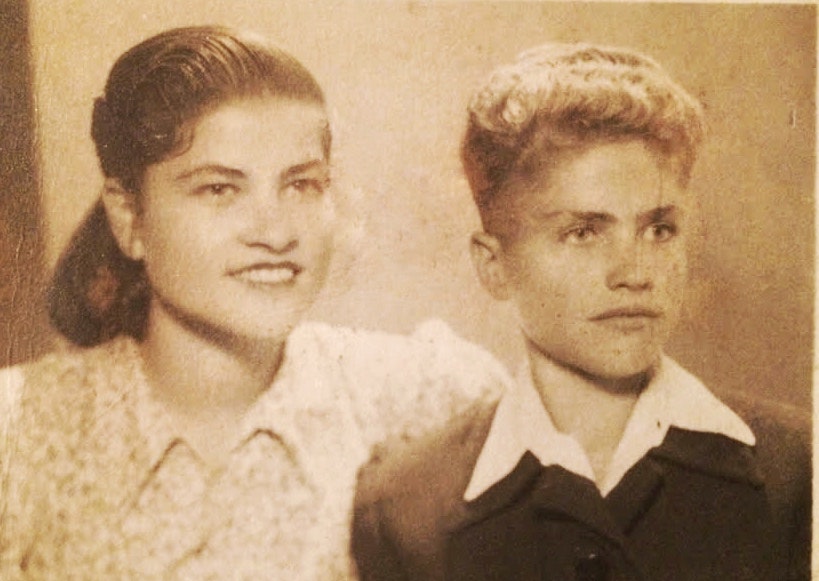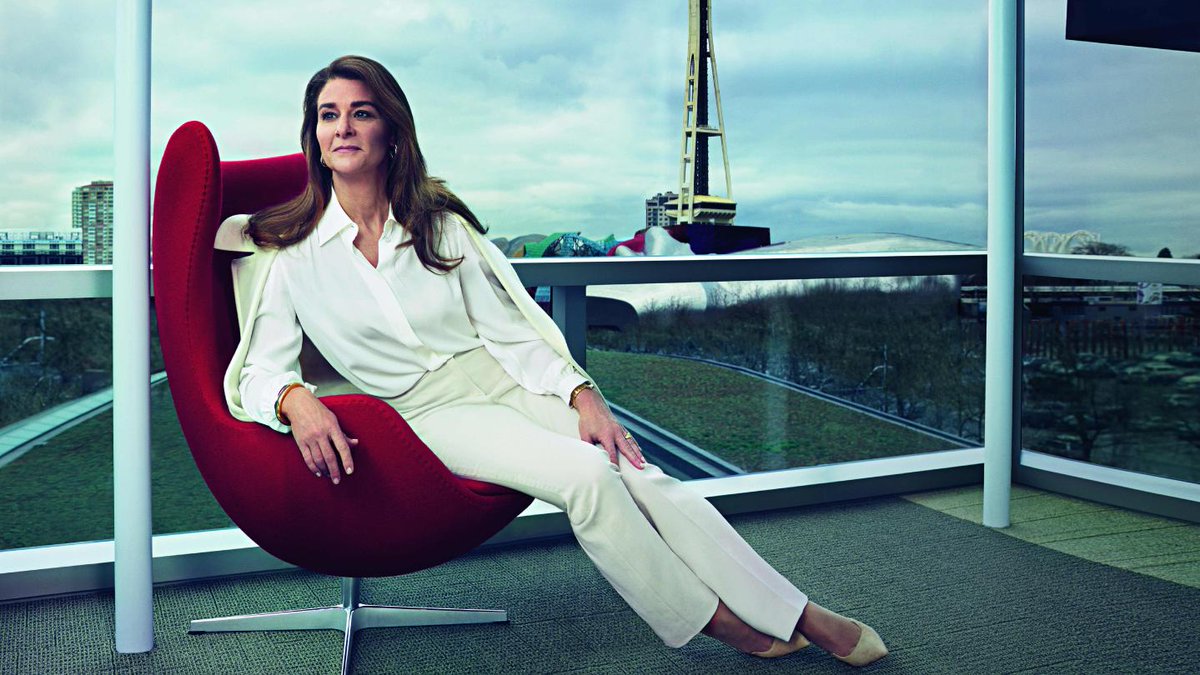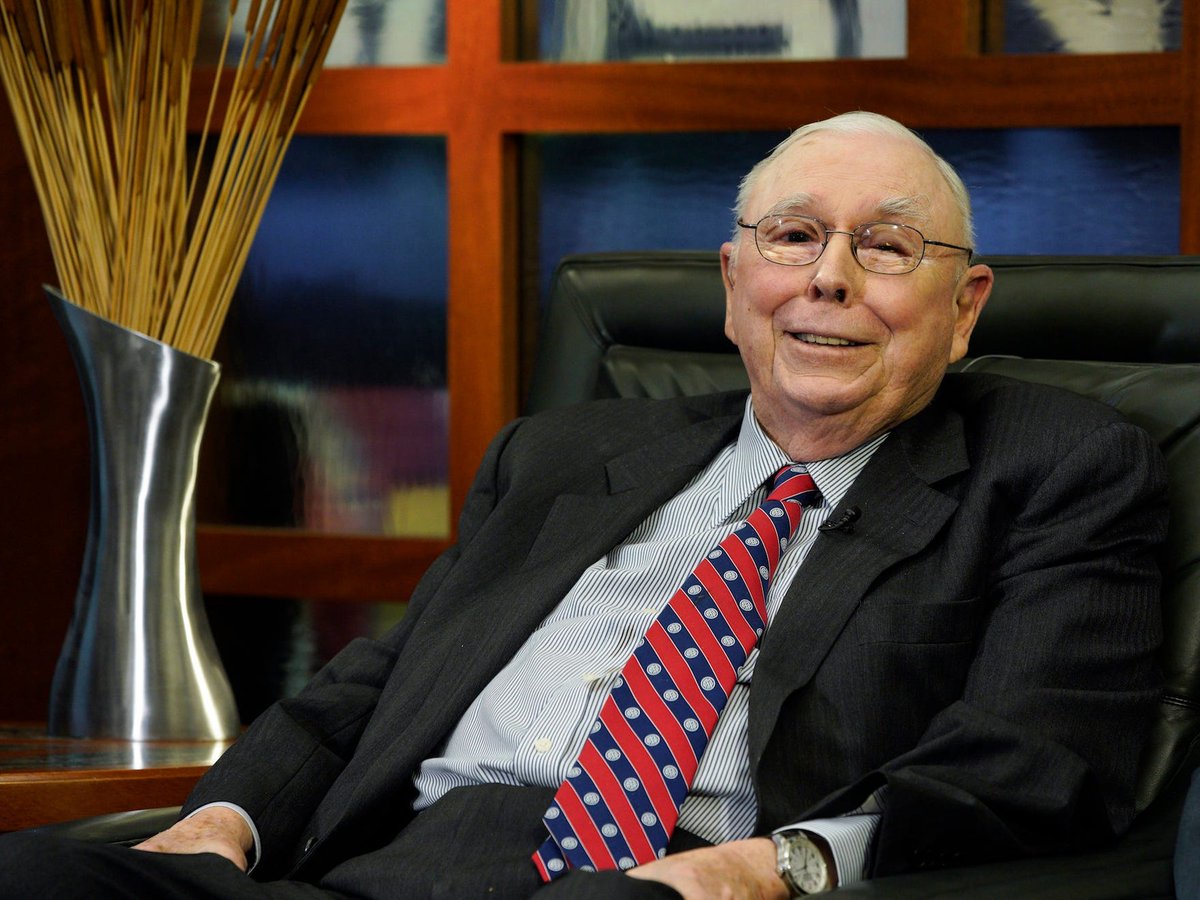
Last year, more than 100 @ProfileRead readers weighed in about what it takes to build a successful relationship.
“Love is not just an emotion; it is a skill. It has to be worked on; sharpened regularly.” ❤️
A few lessons I learned 👇
“Love is not just an emotion; it is a skill. It has to be worked on; sharpened regularly.” ❤️
A few lessons I learned 👇
1. Remember that trust and respect go hand-in-hand
“I was told by one of New Jersey’s best that the No. 1 thing that breaks up a marriage is not money — it's mutual respect."
The top 3 reasons for divorce in the U.S. are infidelity, financial troubles, and poor communication.
“I was told by one of New Jersey’s best that the No. 1 thing that breaks up a marriage is not money — it's mutual respect."
The top 3 reasons for divorce in the U.S. are infidelity, financial troubles, and poor communication.
2. Follow the 80/20 rule
Reader E.R. offers a simple rule he and his spouse follow.
The 80/20 rule goes like this: In your marriage, you should each recognize that your relationship is 80% about the other person and 20% about yourself.
Reader E.R. offers a simple rule he and his spouse follow.
The 80/20 rule goes like this: In your marriage, you should each recognize that your relationship is 80% about the other person and 20% about yourself.
3. Treat your arguments like a negotiation
M.M. says he & his wife treat their arguments as a negotiation in which they both stay calm.
“Compromising is usually a way for both parties to be unhappy,” he says, “but negotiating in a marriage has been very helpful for us.”
M.M. says he & his wife treat their arguments as a negotiation in which they both stay calm.
“Compromising is usually a way for both parties to be unhappy,” he says, “but negotiating in a marriage has been very helpful for us.”
4. Repair, repair, repair.
Happy couples do many of the same things unhappy couples do, but at some point they have a conversation where they recover from it.
A repair attempt is any action that "prevents negativity from escalating out of control."
Happy couples do many of the same things unhappy couples do, but at some point they have a conversation where they recover from it.
A repair attempt is any action that "prevents negativity from escalating out of control."
5. Make sure your relationship follows the 5-to-1 ratio
Happier couples have a ratio of 5 positive interactions to every one negative interaction.
“A smile, a head nod, even just grunting to show you’re listening to your partner—those are all positive."
Happier couples have a ratio of 5 positive interactions to every one negative interaction.
“A smile, a head nod, even just grunting to show you’re listening to your partner—those are all positive."
6. Conduct a relationship audit.
When you discuss hot-button topics in an emotionally sober state, they become less hot-button.
“We audit our work & our suppliers, so why not our relationships? Schedule a once a quarter date where you take stock of what's working & what is not"
When you discuss hot-button topics in an emotionally sober state, they become less hot-button.
“We audit our work & our suppliers, so why not our relationships? Schedule a once a quarter date where you take stock of what's working & what is not"
7. Understand that love is not an emotion — it’s a skill
One thing I noticed after hearing from couples that were married for 5, 15, or 30 years is they never thought they were done learning how to be a better partner.
“Thinking of love as a skill makes it more tangible."
One thing I noticed after hearing from couples that were married for 5, 15, or 30 years is they never thought they were done learning how to be a better partner.
“Thinking of love as a skill makes it more tangible."
• • •
Missing some Tweet in this thread? You can try to
force a refresh







